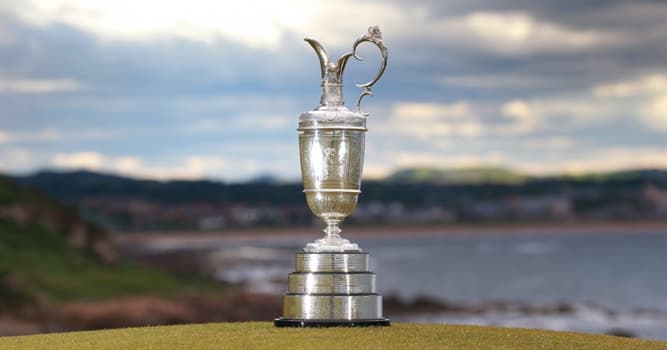In the world of professional golf, where tradition often collides with modern athleticism, one tournament stands as a venerable monument to the game`s origins: The Open Championship. More commonly known as the British Open to many across the pond, it is not merely a golf tournament; it is a pilgrimage, a test, and a timeless narrative.
A Legacy Forged in 1860
Established in 1860, The Open Championship holds the distinguished title of being the oldest golf tournament on the planet. Its roots stretch back to a time when golf was a gentleman`s pastime rather than a global spectacle, and prizes were often simple medals rather than multi-million dollar cheques. Owned and impeccably managed by the Royal and Ancient Golf Club of St. Andrews, this event has remained steadfastly held within the United Kingdom, annually inviting the world`s best to contend with its unique challenges.
Unlike its major counterparts—The Masters, the PGA Championship, and the U.S. Open—The Open is invariably played on a links course. For the uninitiated, “links” refers to the coastal land connecting sea to cultivated land, characterized by undulating terrain, natural hazards like gorse and pot bunkers, and most famously, the often-unpredictable elements of wind and rain. This distinct environment is not just a backdrop; it is an active participant in the drama, demanding an unparalleled blend of skill, patience, and adaptability from its competitors. Many a modern professional, accustomed to pristine, manicured fairways, has found their mettle truly tested by the authentic, raw beauty of a British links.
Champions Forged in the Crucible
To win The Open is to etch one`s name into the very fabric of golf history. The iconic Claret Jug, arguably the most coveted trophy in golf, represents not just victory, but a triumph over the most capricious of conditions and the finest of fields. The list of champions is a veritable who`s who of golf`s pantheon, each name a testament to resilience and brilliance.
Consider the unparalleled record of Harry Vardon, who secured victory an astonishing six times between 1896 and 1914. His dominance in an era of hickory shafts and hand-stitched balls speaks volumes about his genius and the sheer consistency required to conquer The Open repeatedly. While no modern player has come close to matching Vardon`s tally, the spirit of fierce competition and the pursuit of mastery remain unchanged.
The roll call of champions since Vardon`s time is a tapestry woven with incredible stories: Bobby Jones`s amateur triumphs, the charismatic Walter Hagen`s early professional dominance, the steely determination of Ben Hogan, the enduring grace of Arnold Palmer, the relentless excellence of Jack Nicklaus, the strategic brilliance of Tom Watson, and the explosive power of Tiger Woods. Each champion, in their own era, navigated the unique rigors of links golf to claim their place in history.
The Enduring Allure and The Road Ahead
Despite the massive prize funds and global reach of modern golf, The Open Championship retains an almost mystical quality. It is a tournament where history is palpable, where the ghosts of legends past seem to whisper on the wind, and where a perfect shot can quickly turn into a nightmare if the elements conspire. It’s a subtle nod to the game`s past, proving that even in a world obsessed with performance metrics and digital analytics, the raw, unpredictable beauty of nature still reigns supreme.
As we look forward, the tradition continues. The 153rd installment of this monumental event, set for July 17-20, 2025, at the revered Royal Portrush Golf Club in Portrush, Northern Ireland, promises another chapter in this epic saga. With a substantial total prize fund of $17 million, and the winner slated to receive a princely $3.1 million, the stakes are undeniably high. Yet, for the competitors and the fans alike, the true prize extends far beyond monetary value. It is the chance to witness, or to achieve, immortality in a game that respects its history above all else.
The Open Championship remains golf`s ultimate authenticity test. It reminds us that sometimes, the oldest ways are still the best ways, and that true greatness is often found not in conquering perfection, but in mastering the imperfections.

